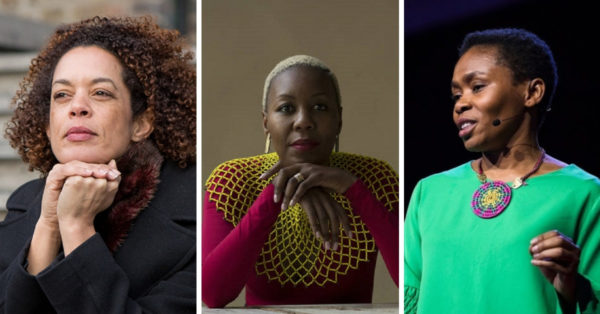
The novelist Aminatta Forna, Cassava Republic Press co-founder Bibi Bakare-Yusuf, the essayist and activist Sisonke Msimang, the novelist Tomi Adeyemi, the memoirist Clemantine Wamariya, and the writer Kemiyondo Coutinho have been included in OkayAfrica‘s “100 Women” list for 2019. The six literary figures appear alongside the supermodels Adut Akech and Adwoa Aboah, the rising model Duckie Thot, the actresses Thandie Newton and Danai Gurira, the singers Niniola Apata, Aya Nakamura, Teni the Entertainer, and Shekhinah, and the Nigerian presidential candidate Oby Ezekwesili.
Bibi Bakare-Yusuf was named Brittle Paper‘s 2018 African Literary Person of the Year. Sisonke Msimang, author of Always Another Country, won the inaugural Brittle Paper Award for Essays in 2017.
OkayAfrica‘s list celebrates “extraordinary women from Africa and the diaspora making waves across a wide array of industries, while driving positive impact in their communities and the world at large.” Its 2018 edition included eleven literary figures: Nnedi Okorafor, Taiye Selasi, Leila Aboulela, Alexis Okeowo, Koleka Putuma, Marie Ndiaye, Yrsa Daley-Ward, Glory Okon Edim, Malebo Sephodi, Upile Chisala, and Brittle Paper editor Ainehi Edoro who appeared in the media section.
Here is what OkayAfrica said about six on its 2019 edition.
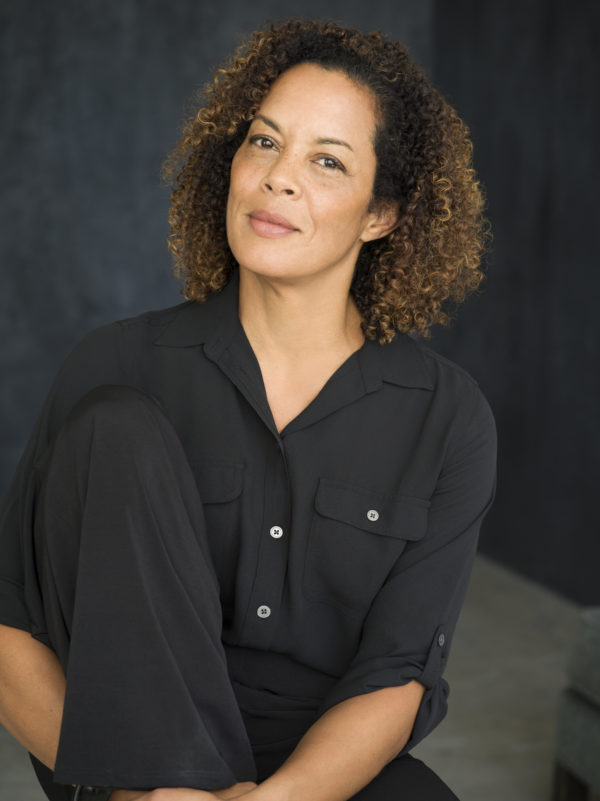
Award-winning Scottish-Sierra Leonean writer Aminatta Forna is helping Africans transform their lives with more than just her prose. While penning novels The Hired Man, The Memory of Love and Ancestor Stones, and a memoir The Devil that Danced on the Water, she has established and currently helms The Rogbonko Village Project, a charity which began as an initiative to build a school in a village in Sierra Leone.
Now, the project has expanded to house a number of efforts that include adult education, sanitation, maternal health, and infant mortality. From sharing stories set in the lands of her childhood (Scotland, West Africa, Great Britain, Iran, Thailand and Zambia) to create a space for Africans to thrive—Forna’s efforts are a political and rather revolutionary act that goes beyond the literary canon.
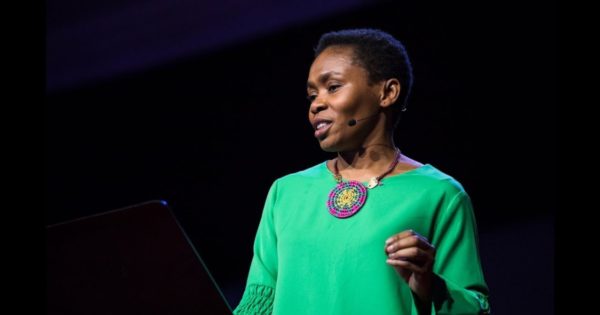
Bibi Bakare-Yusuf understands the need for diverse African stories. The Nigerian co-founder of one of Africa’s premier publishing houses, Cassava Republic Press, she noticed that cultural works in the University of Lagos in the early 2000s weren’t filled with accurate stories of a changing world. That’s when Bakare-Yusuf set out to diversify African literature by publishing more inclusive writing that resonated with a wider audience. “Perhaps for the first time, young, Black, British, and trans readers can also see themselves in print in a story they can relate to,” she told The Los Angeles Review about the significance of her publishing house.
With the 2018 release of She Called Me Woman by Chitra Nagarajan—a collection of testimonies by queer Nigerian women about sexuality and womanhood—Bakare-Yusuf has impacted youth culture in all the ways she intended. For her disruptive work in publishing and challenging the perception of African life consistently, she has earned several awards and sits on the boards of influential journals and West Africa’s largest organization devoted to LGBTQ issues, The Initiative for Equal Rights.
“There are many, many narratives of people who are living, who are surviving, who are thriving,” she told Marketplace in 2017. “They’re not just surviving, they’re thriving. They’re producing art, they’re producing culture, they’re producing the things that will contribute to civilization…They’re helping to redefine the kind of society they want to be. And that’s really important.”
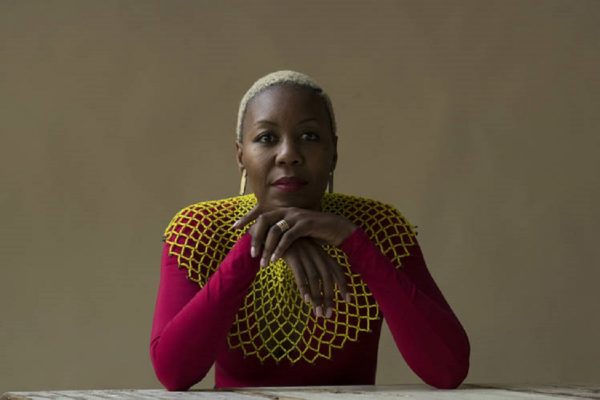
Sisonke Msimang is a treasured member of a class of African women writers who are capturing the varied stories of what it means to be from the continent. And last fall, the South African writer and human rights worker—who covers race, gender and democracy in her work—shared her most personal and riveting story yet in the memoir “Always Another Country: A Memoir Of Exile and Home.”
Painting the picture of her childhood in exile (her parents, African National Congress members, fled to Zambia, Kenya and Canada after fighting SA’s apartheid regime), she details her life up until her return to South Africa in the 90s. But really, Msimang’s memoir is about home, and what happens when that place isn’t a physical space. For many young diasporic Africans, that’s something they can relate to, whatever the circumstances of their displacement.
“Africans are mobile, right? We move, for whatever reason,” she told OkayAfrica last year in an interview about her memoir about exile. “So my particular experience of moving because of exile was one thing. But people move. Africans move both between the diaspora in Western countries and back home within Africa, and in very similar ways to me growing up. I’m certainly not an outlier in that sense, and it’s been really interesting how many people can just relate on that level to across the continent. That’s been nice to see.”
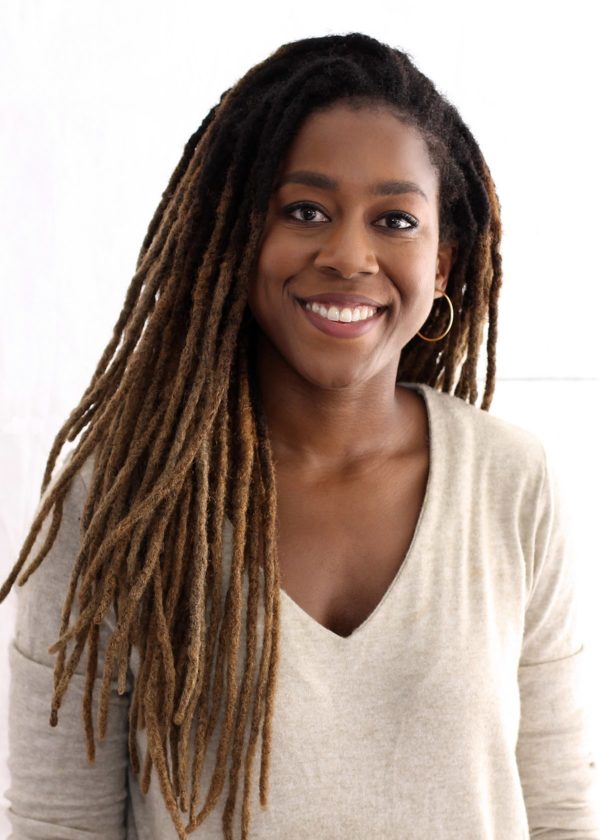
Tomi Adeyemi’s best-selling young adult novel “Children of Blood and Bone” entered the literary canon with a boom. The story, which follows protagonist Zélie Adebola and draws on elements of Yoruba spirituality, is the first in its trilogy and had already been picked up for the big screen before it was even published. In February 2019, it was announced that Nigerian-American director Rick Famuyiwa (Brown Sugar) would bring Adeyemi’s story to life.
Much has been said about the impact of the book; from how it represents Black girlhood in a genre of literature where it is often ignored to Adeyemi (a young Nigerian-American woman) breaking a ceiling in the oft white-male dominated YA sector. For her, it all boils down to representation. “I think it has impacted young people because they are getting to see themselves represented for the first time and hearing their stories be told,” she tells OkayAfrica. Next, Adeyemi is working on the the follow-up to her celebrated book, the second story titled “Children of Virtue and Vengeance.” And when she’s not changing the literary world? “[I’m] boxing, watching MasterChef Jr and hanging out my new puppy!”
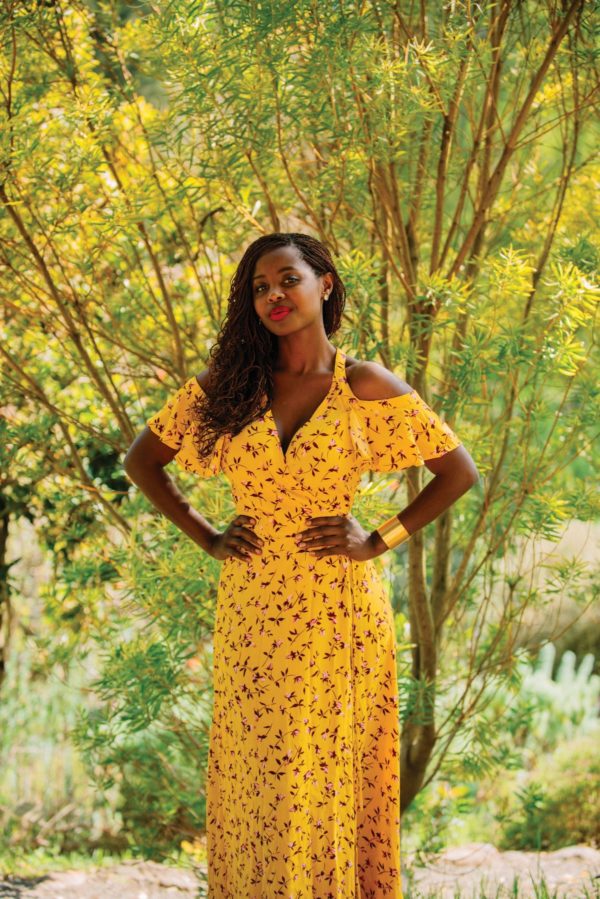
The world was first introduced to author and speaker Clemantine Wamariya the same day she was reintroduced to her family. It was May 2006, and Wamariya was a guest on The Oprah Winfrey Show after winning a national high school essay contest in which she wrote about the life-changing ordeal she endured; The Rwandan Civil War had separated Wamariya and her older sister, Claire, from the rest of their family when she was only a 6-year-old girl. She would spend 6 years of her life moving through several countries and refugees camps before finally making her way to America in 2000.
That day on The Oprah Winfrey Show—where the media mogul staged a reunion between Wamariya and her parents 12 years in the making—has defined much of her public life; she’s taken on the role of a human rights advocate for years. As she puts it, she’s received her Master’s degree “in being a ‘refugee’ who is awake to her dignity and humanity.”
“I enjoy being personable with my audience and sharing my experiences,” she says of her early fame. “However, the sharing and being with people 24/7 is very exhausting. I am learning how to overcome that challenge by taking care of myself along the way.”
She finally gets to tell her story on her own terms with the 2018 memoir, “The Girl Who Smiled Beads.” It is an extraordinary story about how she overcame the traumas of genocide, borders, heartbreak, stereotypes, victimhood and even the unknown to find herself. But ultimately Wamariya says she finds her energy and inspiration from other African women. “I stand up for African women every day. I am one of them, every day,” she said. “I was raised by women all over Africa, in every country. I had at least four mothers, many sisters, and friends. I feel that their pulse, their lives are a part of me, so no moment goes by without thinking of how I can continue to better my life and theirs.”
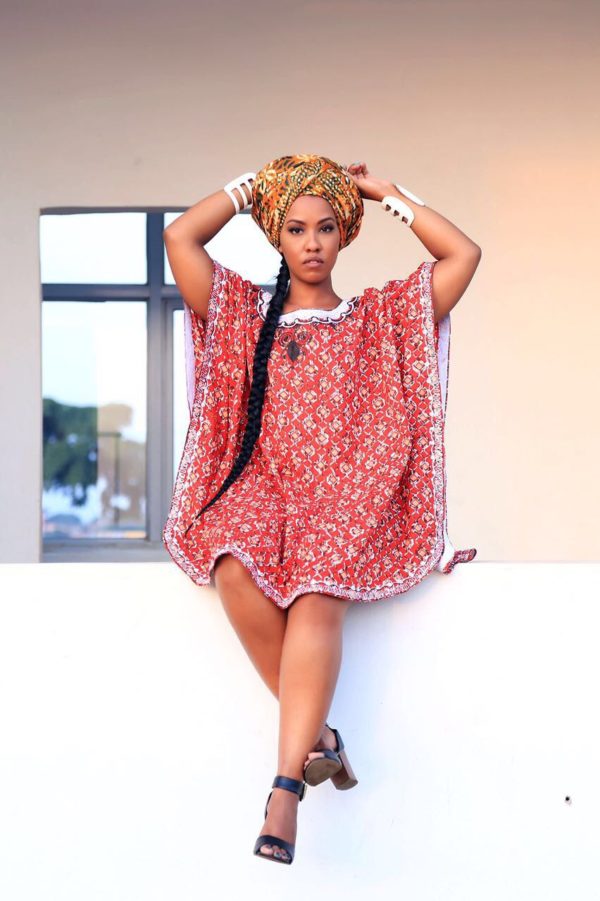
Playwright. Producer. Director. Writer. Actor. Artrepreneur. Disruptor. It is hard to try box Kemiyondo Coutinho into one job title—even for herself, she admits. “People told me it was a cop out,” this multi-talented Ugandan tells OkayAfrica of refusing to pick and stick to one skill. “I was meant to choose one good thing I was to be good at. I was to choose one best thing I am known for. I continue to disrupt this narrative. I am multi-talented in equal measure. I write I act, I direct, I produce, I curate, I edit, I organize events and above all, I disrupt the narrative.”
And she does it all extraordinarily well. Take her latest piece of art, the short film Kyenvu, for example. Not only was this gripping piece of art created by a fully Ugandan cast and crew, but the short film about street harassment in Uganda continues to make waves in film festivals. In February, Kyenvu became the first Ugandan film to be picked up on Hulu. Despite the aversion to boxing herself to one particular skill, Coutinho appears comfortable with calling herself a storyteller. She wrote her first piece of art at age 17 while attending school in Swaziland. As she tells it, she could not find plays that reflected who she was as an African woman. So she wrote, directed and performed a one-woman show. And she hasn’t looked back since. “I find joy in making people feel heard. I love to hear a story that hasn’t been heard and put a microphone on it,” she says. But telling stories takes a lot of money, and fundraising is always one of the biggest challenges she runs into. “Films are expensive to make. If I had my way I would be shooting three films a year,” she says. “The stories are there. They are ready. We just need financial backing.” She’s in no way deterred. She has the confidence to take on her next big goal: to shoot her first feature film.
“If you ask me what my crowning achievement is, I will say, it is the resilience to keep making art in the face of a society that still does not value it,” she tells OkayAfrica. “I am a living disruption of narrative. What people say I cannot do, I will do. What is not done, I will teach myself to do. Where others see obstacles, I see opportunities.”
Brittle Paper congratulates Aminatta Forna, Bibi Bakare-Yusuf, Sisonke Msimang, Tomi Adeyemi, Clemantine Wamariya, and Kemiyondo Coutinho.


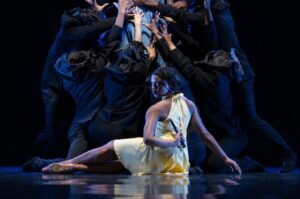

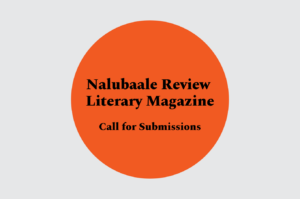
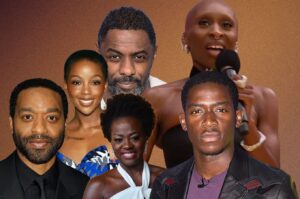

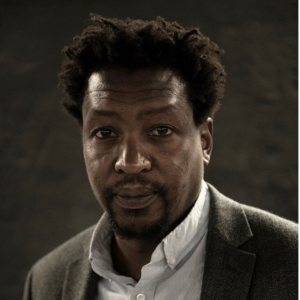

COMMENTS -
Reader Interactions